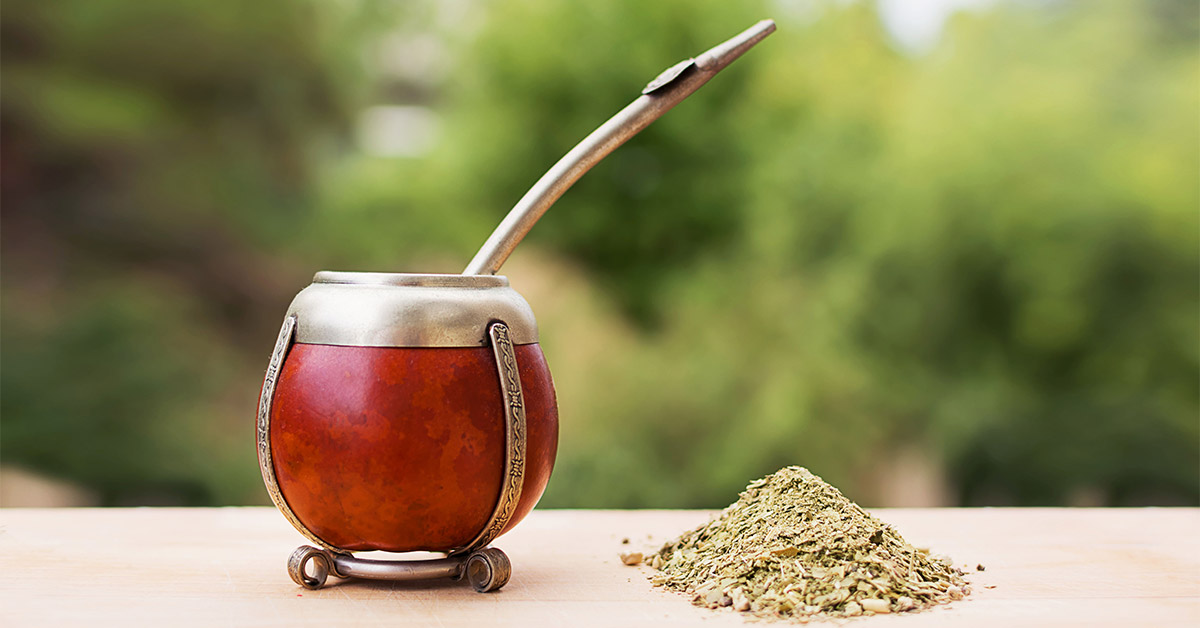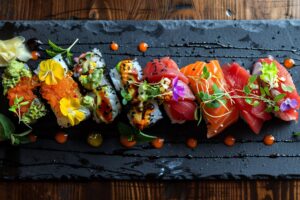For the everyday hustler, coffee makes the world go round. It’s the liquid black gold that helps multi-hyphenates and city dwellers power through their day. To coffee lovers and aficionados, this robust yet delicate beverage is prized for its rich aroma and medley of flavours that signify the start of a new day, or evoke a relaxed atmosphere flooded with smooth jazz.
Unfortunately, not all of us can embrace coffee with such unbridled passion. To these heathens, people, they couldn’t care less for the taste of coffee, while others who have been constantly hopped up on it can experience caffeine-induced jitters, digestive stress, and even headaches. That’s when it’s time to look for other concoctions and elixirs that can help beat that post-lunch slump or midweek demotivation. Here are 6 alternative energy beverages to coffee that can deliver the same physical and mental boost, without any of the latter’s undesirable side effects.
Matcha tea
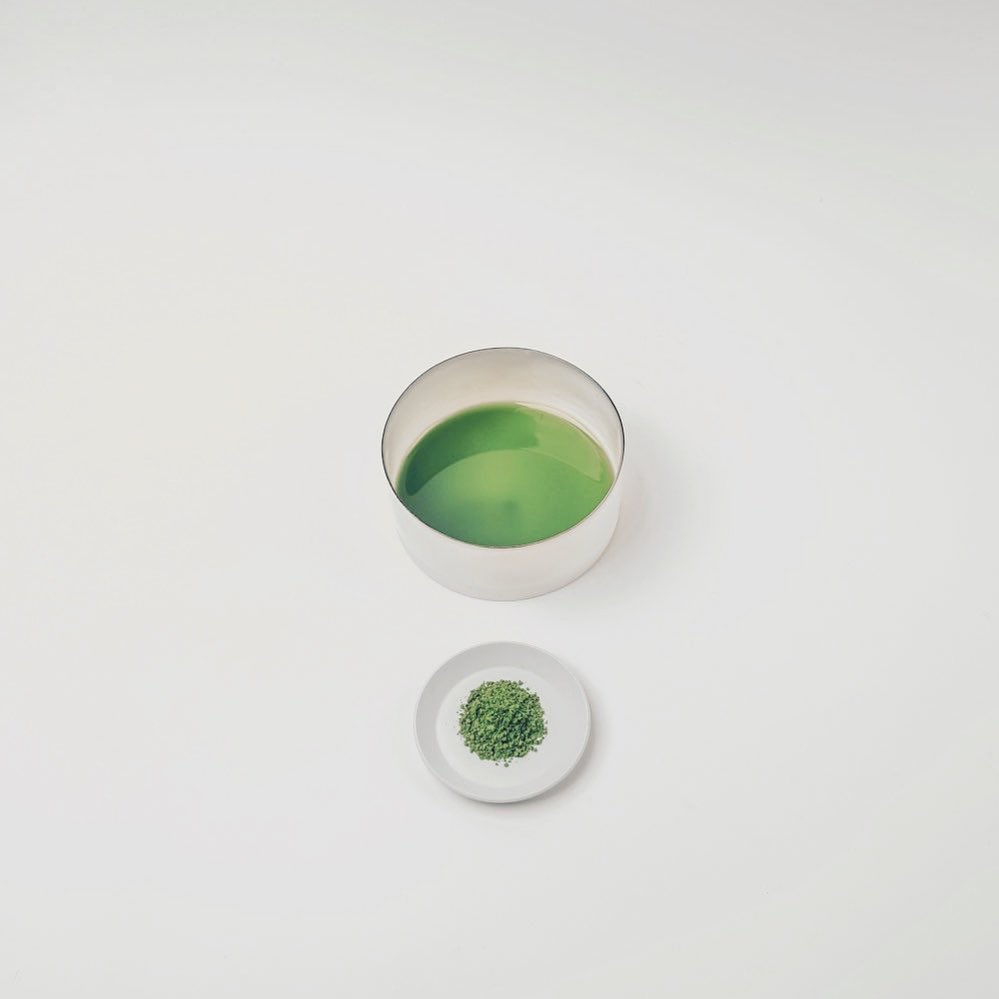
You’ve been living under a rock if you haven’t been noticing the buzz around Matcha green tea lately. From loaves to lattes, it has evolved from being a super beverage to an ingredient treasured for its unique sweetness and natural umami. Matcha is a type of green tea which uses the young leaves of the Camellia sinensis plant. They are steamed, dried, and ground into a fine delicate powder before being whisked with hot water into a creamy, frothy beverage.
Since you consume the whole tea leaf by drinking Matcha, you get a much more concentrated source of antioxidants compared to your everyday steeped green tea. These antioxidants include a catechin called EGCG (epigallocatechin gallate), which helps to rid your body of free radicals that can create oxidative stress on the body and boost your metabolism. It also provides the same caffeine kick you get from coffee, without suffering through the post-caffeine crash.
Golden milk
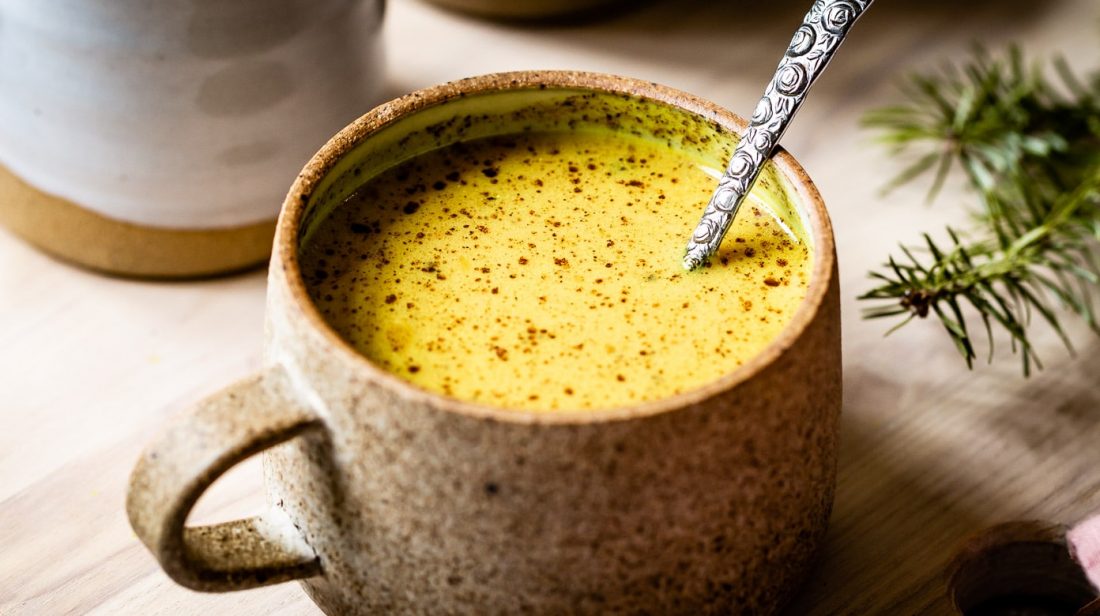
A warm beverage that’s bursting with bold flavour and spices, Golden milk is an excellent, caffeine-free substitute for coffee that doesn’t compromise on richness. It usually incorporates energising and invigorating spices such as ginger, cinnamon, turmeric, cardamom, and even black pepper. Sweeteners used to mellow out the beverage are commonly vanilla, honey, or even agave nectar.
The turmeric is the star ingredient which lends Golden milk its vibrant yellow-gold hue. It contains curcumin, which is also a powerful anti-inflammatory and energy booster. It works by increasing the levels of growth hormone in your brain, which in turn aids your mental ability to focus. You can easily prepare Golden milk by heating up 237ml of milk or a non-dairy alternative of your choice, 1/2 teaspoon of ground turmeric, 1/4 teaspoon of cinnamon, 1/8 teaspoon of ground ginger, and a small pinch of black pepper. Add your preferred sweetener to taste, and stir frequently until gently heated through.
Ginseng tea
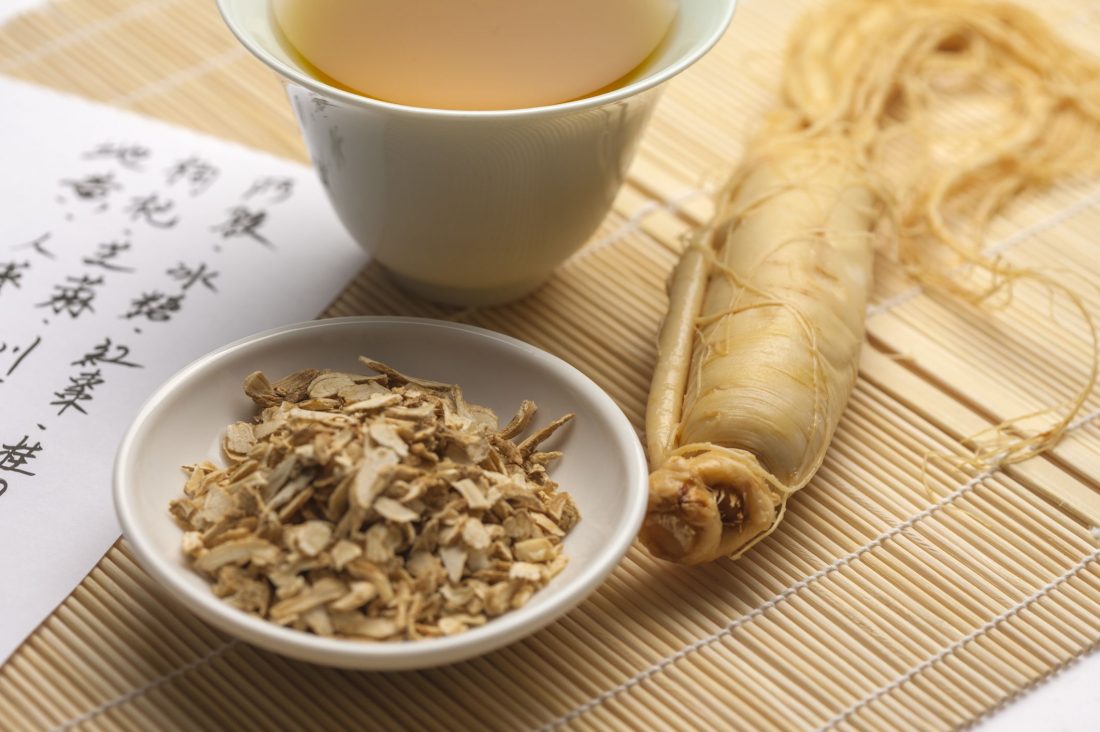
If you’ve ever been gifted Ginseng extract or Ginseng tea by an elderly of Oriental descent – now you know why. Ginseng, also known as Panax ginseng, is a popular root in Asian medicine that’s relied upon for improving memory, mental focus, and stamina since the 1700s. It gives your brain power a little boost by dilating your blood vessels, which improves blood flow to the brain. It also contains polysaccharides and oligopeptides to aid in lowering oxidative stress in the body, which can help fight chronic fatigue.
Ginseng is also known as an adaptogen, meaning it helps to improve the body’s ability to tolerate stressful situations – city dwellers can surely relate. The root’s healing properties is also credited to the natural chemical called ginsenosides, which have anti-oxidative and anti-inflammatory properties that can help contribute to hypertension, heart health, blood sugar regulation, and even sexual health.
Wheatgrass juice
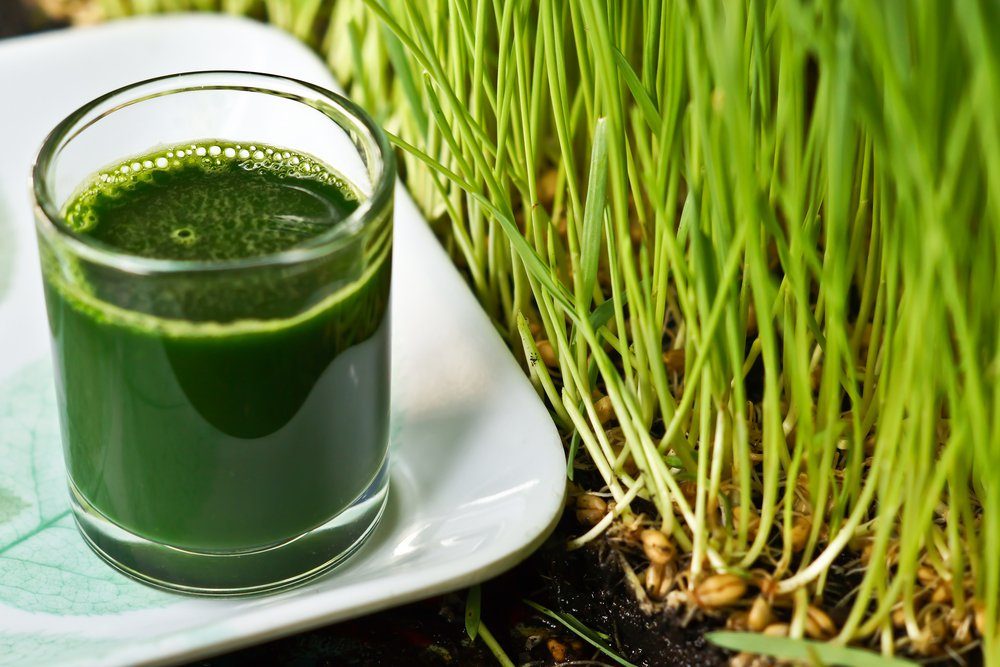
Wheatgrass juice is usually served in small shot glasses, but it packs a punch when it comes to its list of health benefits. It’s known as nature’s energy fuel, thanks to its high chlorophyll content – which also gives the plant its vibrant green colour. Wheatgrass juice is also incredibly rich in nutrients, beating out many known superfoods such as kale and spinach. Just one shot glass of Wheatgrass has as many nutrients as about 500g of vegetables.
This wonder drink helps the body to build red blood cells, which are vital in carrying oxygen to different organs and tissues, helping you feel more energised and alert. Wheatgrass juice also provides an impressive amount of vitamins, minerals, amino acids, and phytochemicals that are crucial in maintain optimal energy and overall health – as well as enzymes that aren’t necessarily available in other foods.
Coconut water
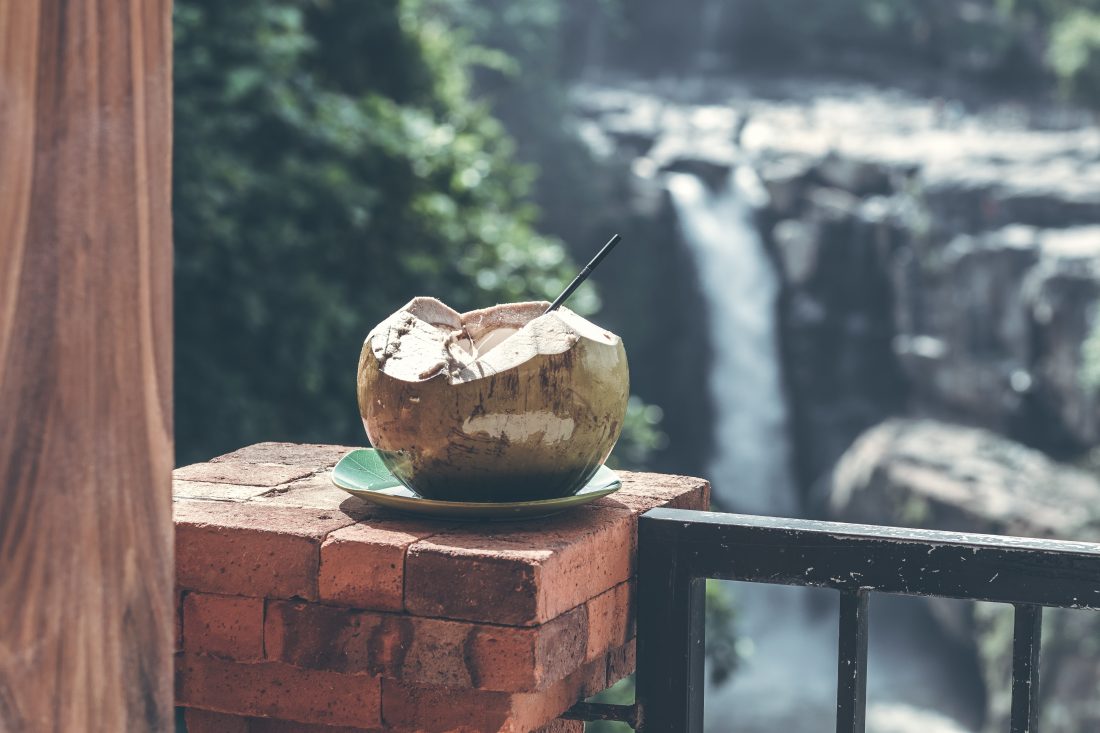
Whether you need a refreshing pick-me-up to get through a midday slump or after an intense workout, Coconut water is one of the most popular health drinks on the market. This clear, milky, low-calorie beverage comes from young, green coconuts. It has a naturally mild, sweet flavour that’s best served chill on a warm, balmy day.
Coconut water is rich in bioactive enzymes and nutrients including Vitamin C, Magnesium, Manganese, and Potassium. It also helps to restore your body’s hydration and replenishing energy as it is rich in electrolytes that help maintain the fluid balance in your body. That’s why it’s such a revitalising beverage to swap out your sugary sports drinks with.
Yerba Mate
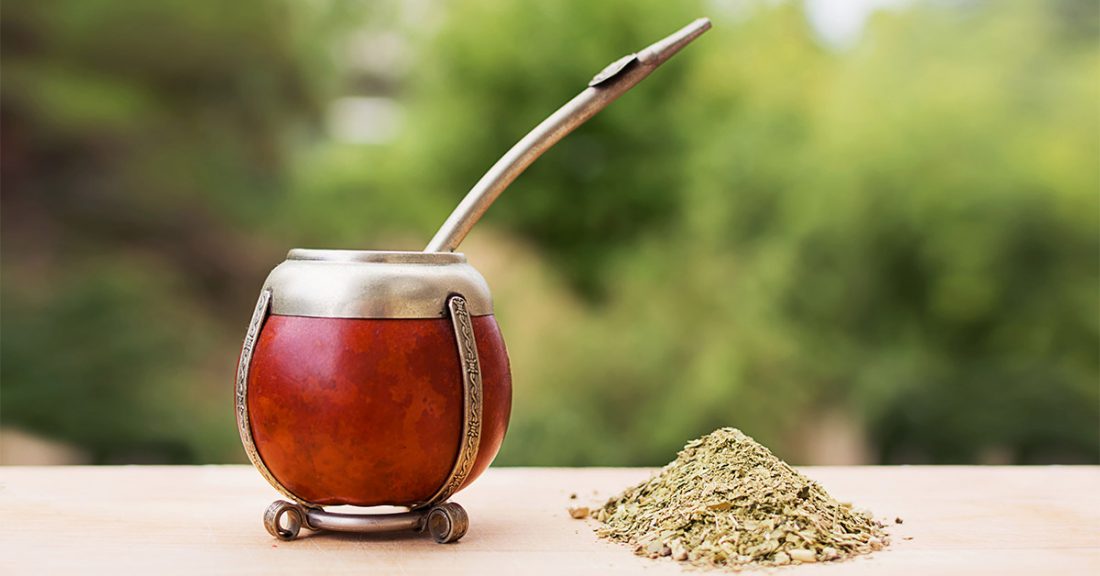
If you’re someone who generally doesn’t like coffee but still needs that caffeine kick in the morning, try Yerba Mate. It provides the same buzz that coffee brings without the crash, as well as a load of other health benefits. Yerba Mate is actually a herbal tea made from the dried leaves of a South American holly tree. Some studies have even shown that Yerba Mate may contain higher antioxidants than green tea. In addition, the tea is packed with vitamins and minerals such as riboflavin, thiamine, phosphorus, iron, calcium, and Vitamins C and E.
Yerba Mate is traditionally prepared in a Yerba Mate gourd and consumed in small amounts through a metal straw. As you drink it, you continuously top it up with water. It has an acquired smokey, bitter taste that you may or may not love. Alternatively, you prepare it like you would a regular cup of coffee or tea – using a French press, a traditional coffee machine, or in a tea infuser, and can serve it hot or cold.




